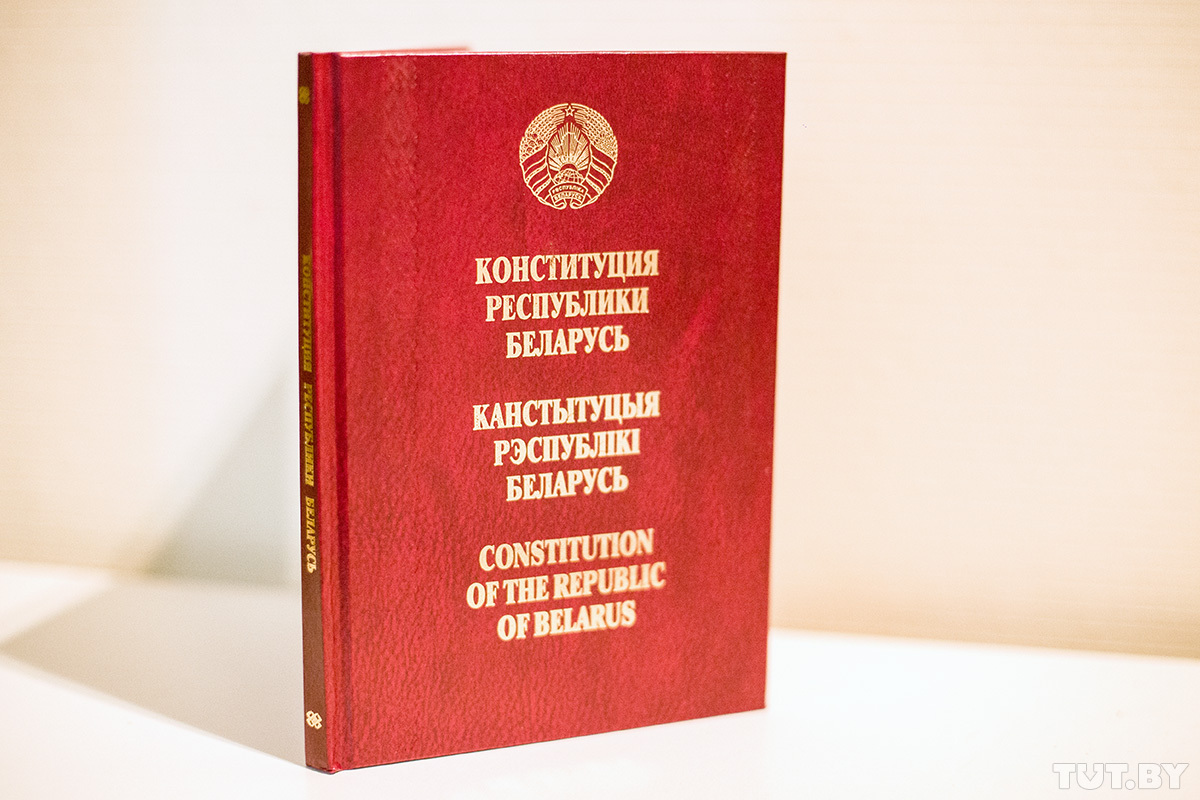Public debate about the constitutional referendum is unlikely; reformists’ influence on the state economic policy has subsided
 The situation has not changed
The situation has not changed

The authorities are not planning to hold a public debate about a possible constitutional referendum, however, this does not rule out constitutional amendments through the parliament or a referendum. Reformists in the government and in the administration are attempting to raise the profile of economic reforms, the president, however, appears to be reluctant to consider reforms amidst economic recovery. Security forces are retaining their positions in the power system and the control over economic activity; they broadly apply administrative pressure and use anti-corruption prosecution to boost performance in the public sector.
During his annual address to the nation and the parliament last week, the president ruled out the probability of holding a national referendum in the near future. Recent statements by top officials probably meant to test public opinion about a constitutional referendum and issues it should focus on. Presumably, the Belarusian authorities have not been satisfied with the public response to a constitutional referendum. In addition, the resignation of Armenian Prime Minister Sargsyan further to public protests has strengthened President Lukashenka’s reluctance to make changes in the institutional design amid having fairly effective mechanisms enabling him to retain power.
The Belarusian leadership has long been holding back the ambitions of the Belarusian establishment to reform the electoral legislation and introduce a mixed proportional-majoritarian system, with stronger parliament and loyal political parties, including the transformation of Belaya Rus quango into a “power party”.
Simultaneously, a constitutional referendum cannot be ruled out. Firstly, the president, when speaking about the lack of intention to hold a referendum, said that it would not be held “for one person” (implying himself), and would not repeat the Armenian experience. Secondly, back in 2004, Lukashenka also denied plans for a referendum until it was announced when the parliamentary campaign started. Finally, CEC head Yermoshyna said that a referendum could be announced 40 days before the voting day and that a lengthy public debate (more than two months) could “politicise the situation” and threaten the stability, hence, would be impractical.
While addressing the parliament, the president used market rhetoric and raised the issues reformists in the government would, such as the support for business, SMEs, IT, digital economy, and advanced development. However, in practice, the authorities use micro-management in the economy and engage security forces to control struggling economic sectors. For instance, the president ordered to inspect all dairy enterprises in Belarus. The Interior Minister promised a tighter grip on agro-industries, which should prompt them to retain production levels amid reduced state support.
Overall, amidst some economic recovery, the influence of reformers on the economic policy has reduced. Nevertheless, the economic bloc is likely to continue to advocate for gradual reforms in some economic sectors to improve the business environment in Belarus.
Subscribe to our newsletter




Situation in Belarus
Constitutional referendum: main consequences


 Video
Video
How to count the political prisoners: are the new criteria needed?


 Video
Video
Paternalism In Decline, Belarusian Euroscepticism, And The Influence Of Russia


 Video
Video












